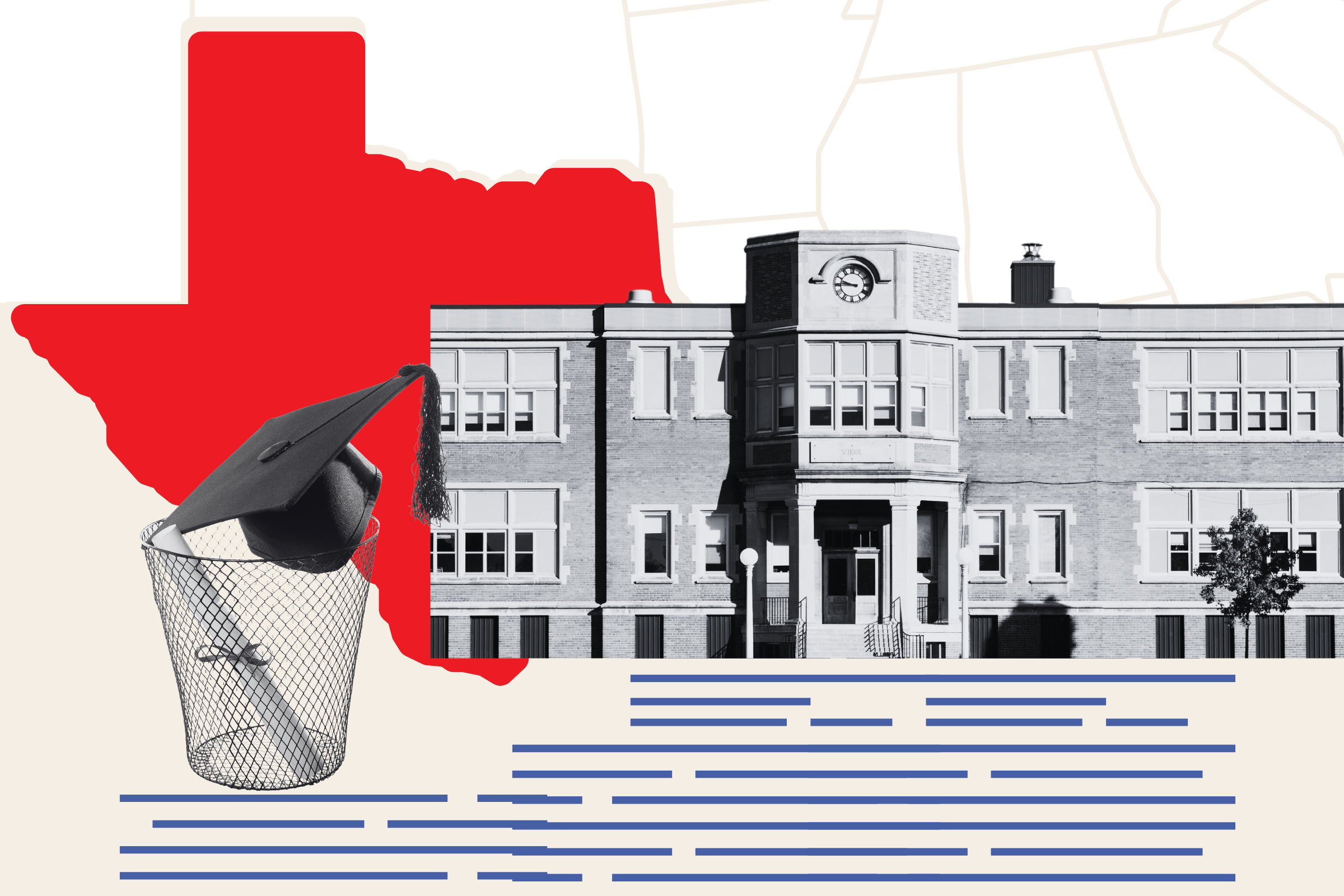I'm rubber, and you're glue. Whatever you say bounces off me and sticks to you! That classic schoolyard chant pretty much sums up the current state of our national political discourse. After being accused of fomenting a "bloodbath" around the upcoming elections, last week former President Donald Trump turned around and accused President Joe Biden of causing a "bloodbath" at the border. It is one example of many. Some say this tit-for-tat dynamic is the regular mudslinging of electoral politics, while others think we're in a tailspin of rising hatred and political violence. Regardless, this form of communication is toxic and unproductive for maintaining unity among our diverse populations and overcoming our serious challenges.
While our leaders set the tone, this dynamic of mirroring barbs is also pervasive in our communities. By now, most of us have had difficult political conversations on and offline that left us disappointed and hurt. When those exchanges are laced with accusations and insults, many Americans react by retreating and remaining quiet—rather than continuing to engage—for fear of being attacked or ostracized. If this describes you, you are not alone. You are part of the 67 percent of Americans in the "exhausted majority" whose energy has been drained by the polarized state of our society.
Given the current political environment, is it possible to be an engaged citizen without ending up on the short end of harsh rhetoric? Can a critical mass of citizens be mobilized to nurture relationships with friends, family, and neighbors who have opposing opinions? How can we live up to our core American value of unity in diversity?

As peacebuilders, we are hopeful. The good news is that most Americans are eager for positive change, and we have important commonalities to build on. According to a recent survey, 90 percent of American adults believe that a citizen's right to vote and equal protection under the law are core to our country's identity. Eighty percent think people living in the U.S. should be able to get good jobs and achieve the American dream. Despite the surge in anti-democratic behaviors by U.S. politicians, the majority of Americans oppose anti-democratic attitudes and reject partisan violence. Given the large consensus, these are not inherently partisan issues.
For those who wish to preserve our core values, take peace action, and contribute to building our collective resilience against hatred, there is growing data to prove dialogue can reduce polarization. This is important since it's our civic duty to talk to each other when we disagree. When we can engage respectfully and stick with difficult conversations until we find common ground and appreciate our common humanity, we are also better able to solve the difficult challenges in front of us.
More good news: you don't have to do it alone. We are comforted to know that nearly 7,000 civic organizations in the U.S. are rising above our divisions and fostering dialogue and joint actions that build bridges of trust among people with divergent views. They know we can form stronger relationships by working through our differences together. In that sense, our current political conflicts provide an opportunity for us to move forward as a more cohesive nation. Yet to achieve that, the 'exhausted majority' must speak up and get involved.
If you are up to the challenge, here are some things you can do to foster healthy civic discourse:
One of the most well-known bridge-building organizations in the U.S. is Braver Angels. They have been bringing together registered Republicans and Democrats in communities across the country since 2016 for moderated political conversations, debates, and interactive workshops. Braver Angels was founded by a family therapist who realized that techniques for helping couples repair their relationships could be applied to the broader political context. Tests of the effectiveness of the Braver Angels model show it significantly reduces polarization. Look here to find out how to attend virtual or in-person events.
We're also looking forward to the 7th Annual National Week of Conversation from April 15 to April 21, "for those seeking ways to turn down the heat of polarization." Hosted by The Listen First Project, a coalition of 500 civic organizations, the week provides opportunities to become equipped and engaged in conversations that build bridges across differences.
As peacebuilders and parents of small children, we challenge the "exhausted majority" in this country – you who believe in treating each other with common decency, respect, and dignity even when we disagree—to please lean into healthy civic dialogue. We must use our voices to reject divisive language and behavior. This election year doesn't have to exacerbate mudslinging and fuel negativity. Instead, let's work alongside each other and politicians like the governors who are part of the Disagree Better campaign. Together, we can model bridge-building, break through our country's polarization, and inspire (and be inspired by) the next generation.
Danielle M. Reiff is a professional peacebuilder who has lived and worked around the world promoting democracy, human rights, and peace. She is currently leading the Peacebuilders initiative in the lead-up to the 2024 Presidential elections to promote nonviolence, unity in diversity, and a peaceful transfer of power. You can learn more and sign up for the Peacebuilders email list at www.peacebuildersunite.com.
Rosarie Tucci is a professional peacebuilder and democracy specialist who has worked in senior positions at the U.S. Agency for International Development and the U.S. Institute of Peace. She is currently working with domestic and international experts on innovative ways to advance democratic reforms and strengthen social cohesion.
The views expressed in this article are the writers' own.
Uncommon Knowledge
Newsweek is committed to challenging conventional wisdom and finding connections in the search for common ground.
Newsweek is committed to challenging conventional wisdom and finding connections in the search for common ground.
About the writer
To read how Newsweek uses AI as a newsroom tool, Click here.








